https://es.liveworksheets.com/ul1671583uo
European Parliament Ambassador School
Saturday 29 January 2022
Thursday 27 January 2022
PRACTICE MAKES PERFECT: Passive/Oral skills
PASSIVE VOICE
- https://quizlet.com/414226721/passive-voice-flash-cards/
- https://quizlet.com/223079430/passive-voice-flash-cards/
Baby Stroller and Scooter Hybrid
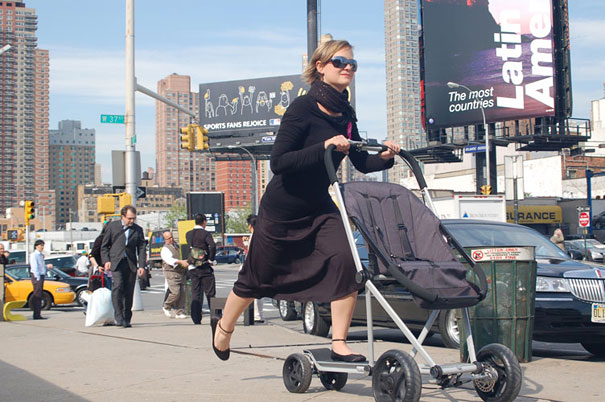
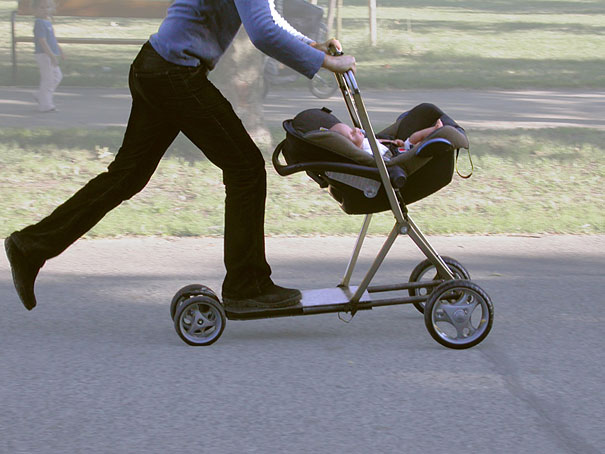
Image credits: pixstudio
Goggle Umbrella
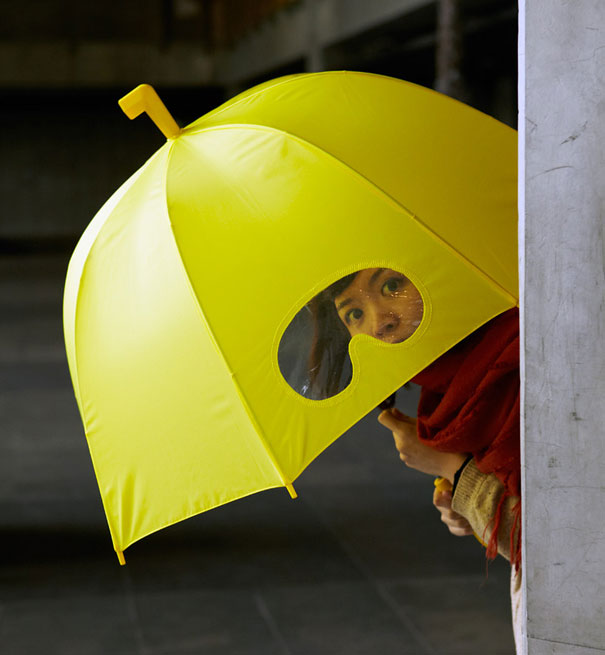
Image credits: 25 Togo Studio | Avalable at: Amazon.com
Baby Mop
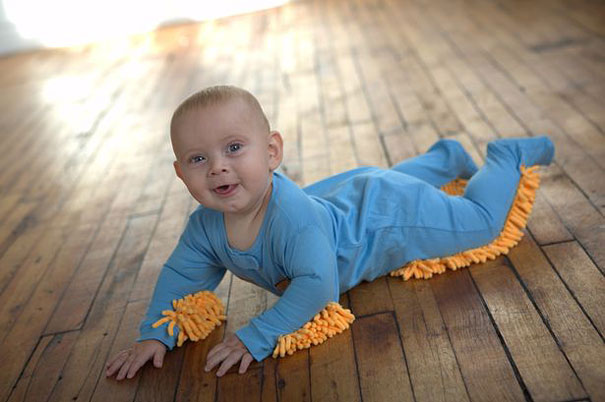
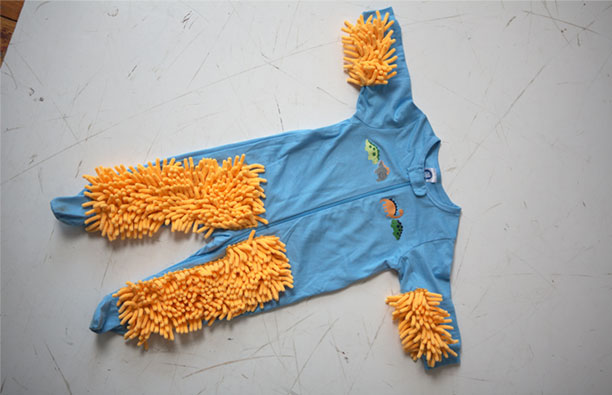
Image credits: dailymail.co.uk
Hug Me Pillow
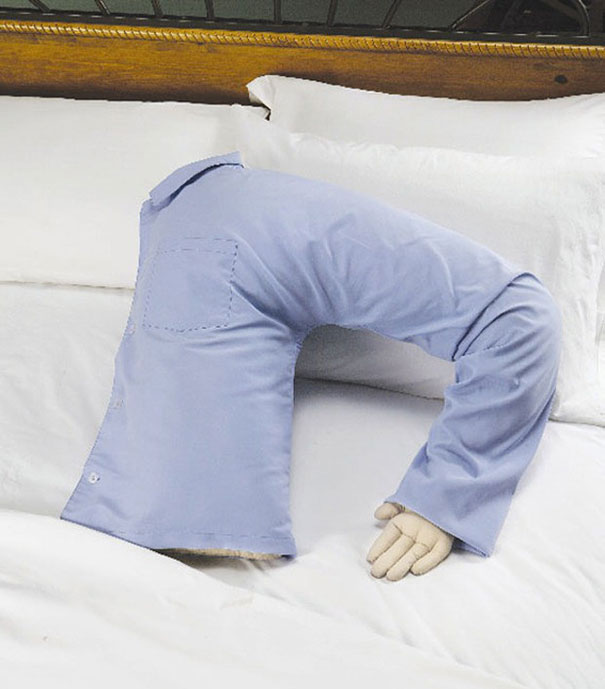

Available at: Amazon.com
The Weight Watch Belt
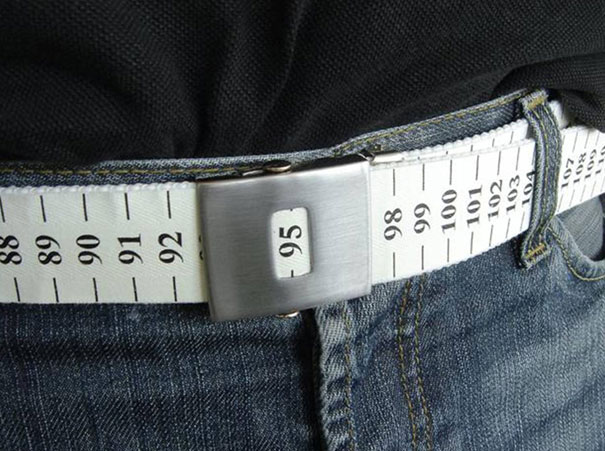
Image credits: unknown
The Dogbrella
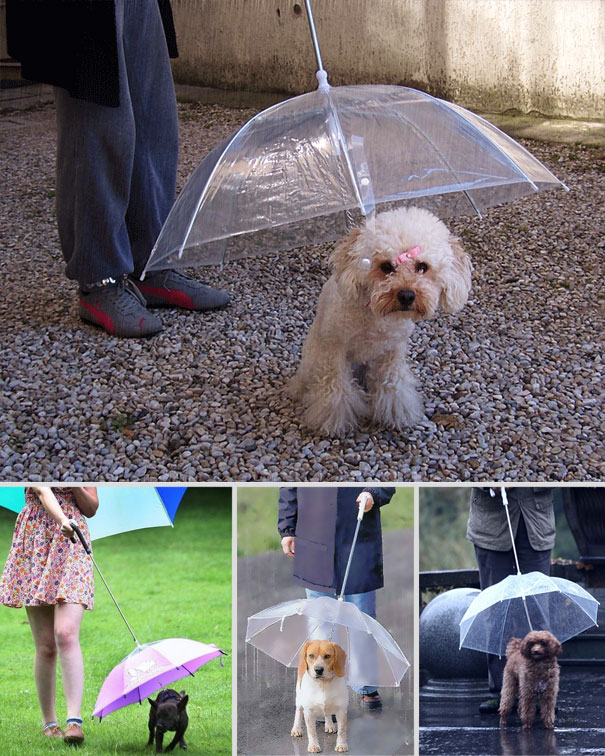
Available at: Amazon.com
Ostrich Pillow


Available at: Amazon.com
Pizza Scissors

Available at: Amazon.com
Din-Ink Pen Cap Eating Utensils
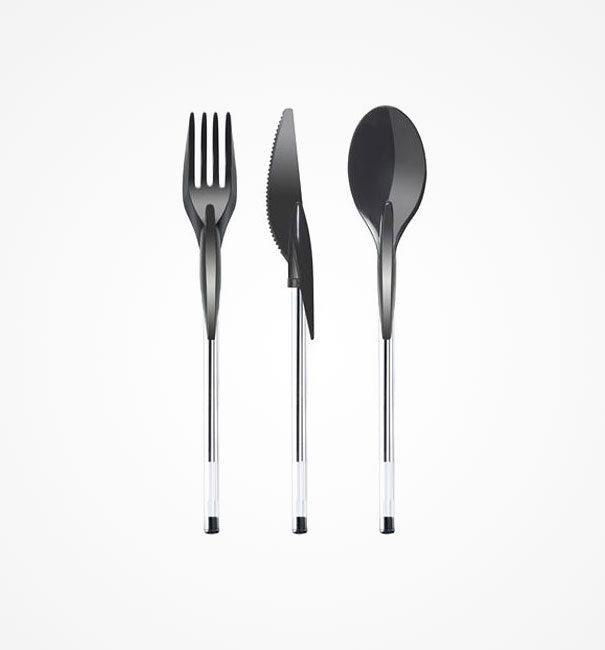
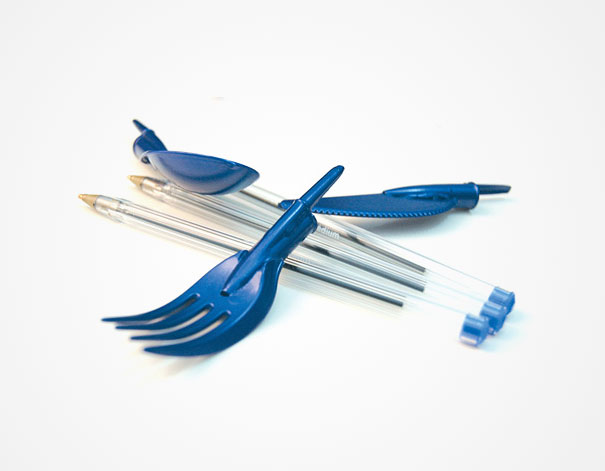
Available at: Amazon.com
Corner Frames

Image credits: details-produkte.de
Baby Shower Cap

Available at: Amazon.com
Full Body Umbrella
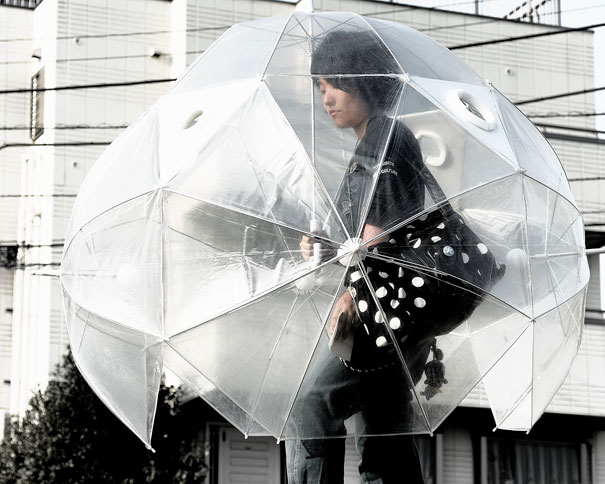
Image credits: yamuhaton
Forget-me-not Kid Mittens
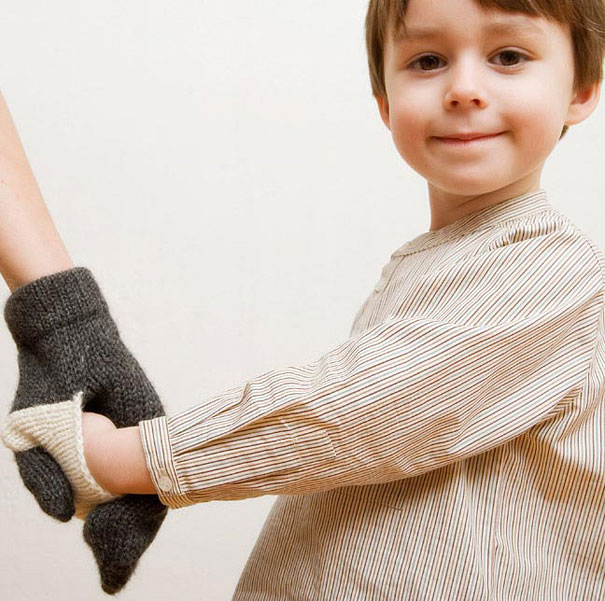
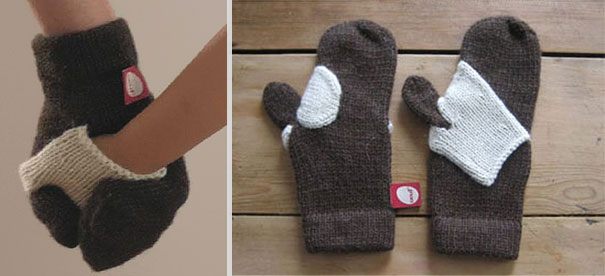
Image credits: oeufnyc.com
LED Slippers
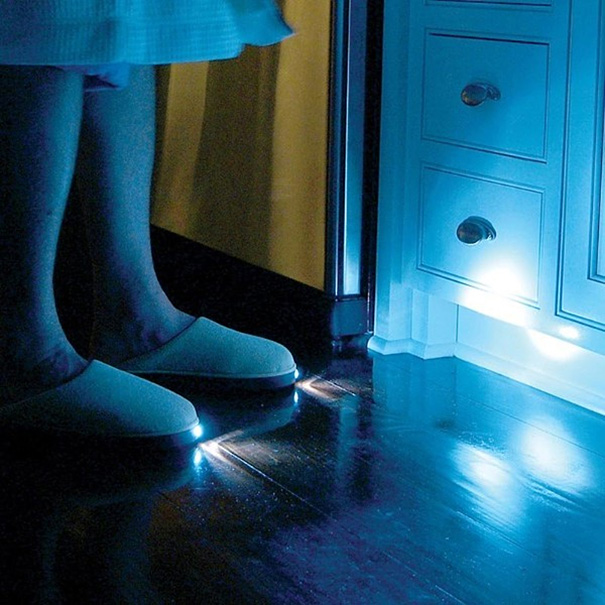
Image credits: unknown
DESCRIBING:
- size: giant-sized, pocket-sized, handy-sized
- shape: bacon-shaped, chocolate-shaped, heart-shaped, round
- power: solar-powered, battery-operated
- durability: shockproof, long-lasting, tough, disposable
- material: ceramic, wooden
- other qualities: eco-friendly, high quality, stylish, eyecatching, low-cost, recycled, inflatable, child-friendly, dustproof, economical, waterproof
KEY PHRASES:
- It’s a useful thing to have …
- It’s for putting all your things in.
- It’s got a lot of parts.
- You can use this when you want to open a tin.
- This is used for putting pictures in.
- It’s made of glass.
- It helps you heal more quickly.
VIDEO:
- 1 bandage
- 2 satellite
- 3 balloon
- 4 fence
- 5 suitcase / bag
- 6 tin opener
- 7 projector
- 8 picture frame
- 9 skateboard
- 10 mirror
Wednesday 26 January 2022
Passive voice practice
Double object passive:
IMPERSONAL PASSIVE:
It is said that….
[It + passive verb (be + past participle) + that clause]
They report the defense minister is to resign .
It is reported that the defense minister is to resign
The defense minister is reported to resign
To infinitive impersonal passives
The subject + passive verb (be+past participle) + to infinitive
They claim the terrorist is living abroad
It is claimed that the terrorist is living abroad
The terrorist is claimed to be living abroad
agree / allege / announce / assume / believe / calculate / claim / consider / declare / discover / estimate / expect / find / known / mention / propose / recommend / rumour / show / suppose / suggest / understand
GET / HAVE SOMETHING DONE
Passive Voice
This construction is passive in meaning. It may describe situations where we want someone else to do something for us.
Examples
- I must get / have my hair cut.
- When are you going to get that window mended?
- We’re having the house painted.
If the verb refers to something negative or unwanted, it has the same meaning as a passive sentence:
- Jim had his car stolen last night. (= Jim’s car was stolen)
- They had their roof blown off in the storm. (= Their roof was blown off in the storm)
The construction can refer to the completion of an activity, especially if a time expression is used:
- We’ll get the work done as soon as possible.
- I’ll get those letters typed before lunchtime.
In all these sentences, we are more interested in the result of the activity than in the person or object that performs the activity.
‘X’ NEEDS DOING
In the same way, this construction has a passive meaning. The important thing in our minds is the person or thing that will experience the action, e.g.
- The ceiling needs painting (= the ceiling needs to be painted)
- My hair needs cutting (= my hair needs to be cut)
We use a causative verb when we want to talk about something that someone else did for us or for another person. It means that the subject caused the action to happen, but didn't do it themselves. Maybe they paid, or asked, or persuaded the other person to do it. For example, we can say:
Have + object + past participle (have something done)
We usually use 'have something done' when we are talking about paying someone to do something for us. It's often used for services. The form is 'subject + have + object + past participle'.
We can also use 'subject + get + object + past participle'. This has the same meaning as 'have', but is less formal.
- I cleaned my house. (This means I cleaned it myself).
- A cleaner cleaned my house.
- I had my house cleaned.
Have + object + past participle (have something done)
We usually use 'have something done' when we are talking about paying someone to do something for us. It's often used for services. The form is 'subject + have + object + past participle'.
- I had my car washed.
- John will have his house painted.
We can also use 'subject + get + object + past participle'. This has the same meaning as 'have', but is less formal.
- The students get their essays checked.
- I'll get my hair cut next week.
- He got his washing machine fixed.
Monday 24 January 2022
Speaking- Spanish slang & passive practice
(Click on the image, it will take you to the quiz- Retrived from: https://www.cristinacabal.com/?p=14836)
- https://wordwall.net/es/resource/2040445/passive-voice
- https://wordwall.net/es/resource/575358/passive-voice
- https://wordwall.net/es/resource/2033052/trivia-passive-voice
- https://wordwall.net/es/resource/8010877/passive-voice
- https://wordwall.net/es/resource/16626991/passive-voice
- https://wordwall.net/es/resource/14509159/passive-voice-conversation-questions
- https://wordwall.net/es/resource/12071317/angielski/strona-bierna-present-past-future-simple
- https://wordwall.net/es/resource/15752446/give-me-3-passive-voice
- https://wordwall.net/es/resource/8945156/grammar/passive-voice-make-your-own-sentence
Subscribe to:
Posts (Atom)
